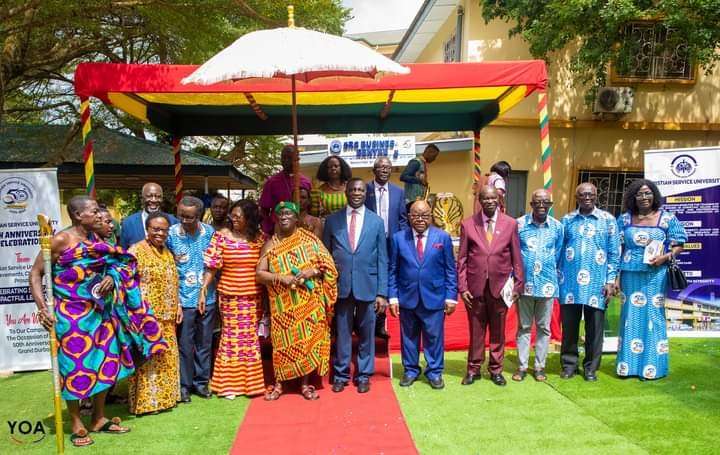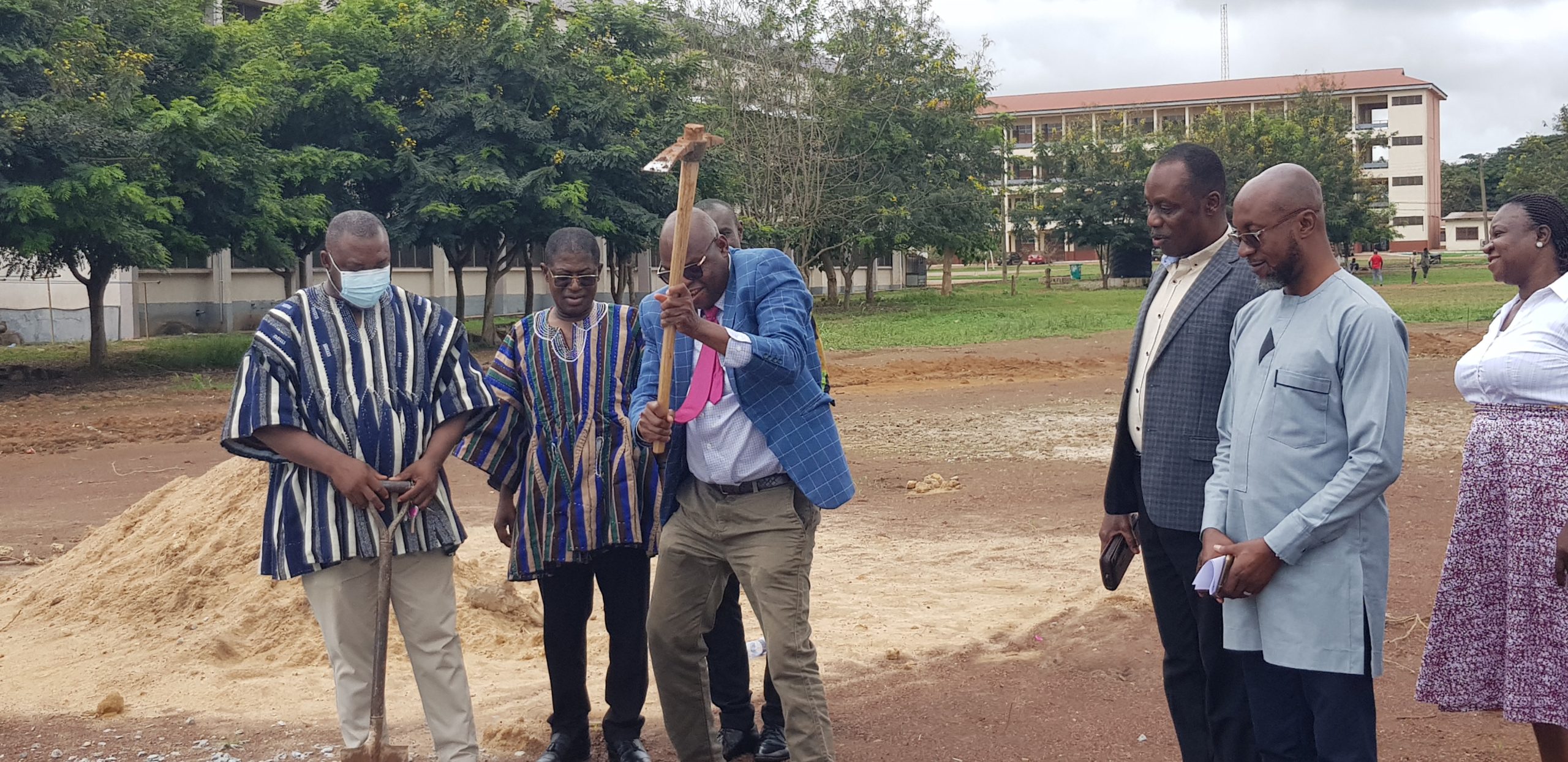- Malaysia could reach high-income status by 2028, World Bank says
- Delta sales guidance disappoints, CEO says airline expects lower demand around the election
- United plans flights to Greenland, Mongolia and northern Spain in search for next 'it' destination
- Stellantis is struggling. Here's why
- Pfizer threatened to sue renegade executives prior to activist schism, Starboard's Smith says
What do you believe is the single most important factor driving up the cost of living in Nigeria?

New data augmentation algorithm could facilitate the transfer of skills across robots
In recent years, roboticists have developed a wide range of systems designed to tackle various real-world tasks, ranging from completing household chores to delivering packages or finding target objects in delineated environments.
A key objective in the field has been to develop algorithms that allow the reliable transfer of specific skills across robots with different bodies and characteristics, which would help to rapidly train robots on new tasks, broadening their capabilities.
Researchers at UC Berkeley have developed RoVi-Aug, a new computational framework designed to augment robotic data and facilitate the transfer of skills across different robots. Their proposed approach, outlined in a paper pre-published on arXiv and set to be presented at the 2024 Conference on Robot Learning (CoRL), utilizes state-of-the-art generative models to augment image data and create synthesized visual task demonstrations with varying camera views for distinct robots.
"The success of modern machine learning systems, particularly generative models, demonstrates impressive generalizability and motivated robotics researchers to explore how to achieve similar generalizability in robotics," Lawrence Chen (Ph.D. Candidate, AUTOLab, EECS & IEOR, BAIR, UC Berkeley) and Chenfeng Xu (Ph.D. Candidate, Pallas Lab & MSC Lab, EECS & ME, BAIR, UC Berkeley), told Tech Xplore.
"We have been investigating the problem of cross-viewpoint and cross-robot generalization since the start of this year."



- October 10, 2024
Study shows neonicotinoids are harmful to birds on all fronts



- October 10, 2024
Huge waves in the atmosphere dump extreme rain on northern Australia

- October 10, 2024
Arctic river erosion linked to permafrost thaw

- October 10, 2024
The dangers of voice cloning and how to combat it


- October 10, 2024
Dynamic environmental control for more efficient vertical farming

Subscribe to our mailing list to get the new updates!

Subscribe our newsletter to stay updated
Thank you for subscribing!



